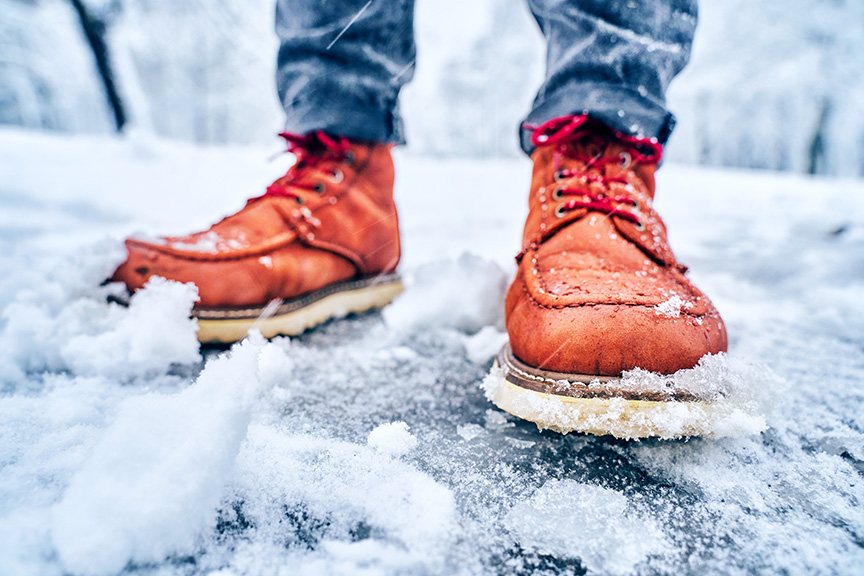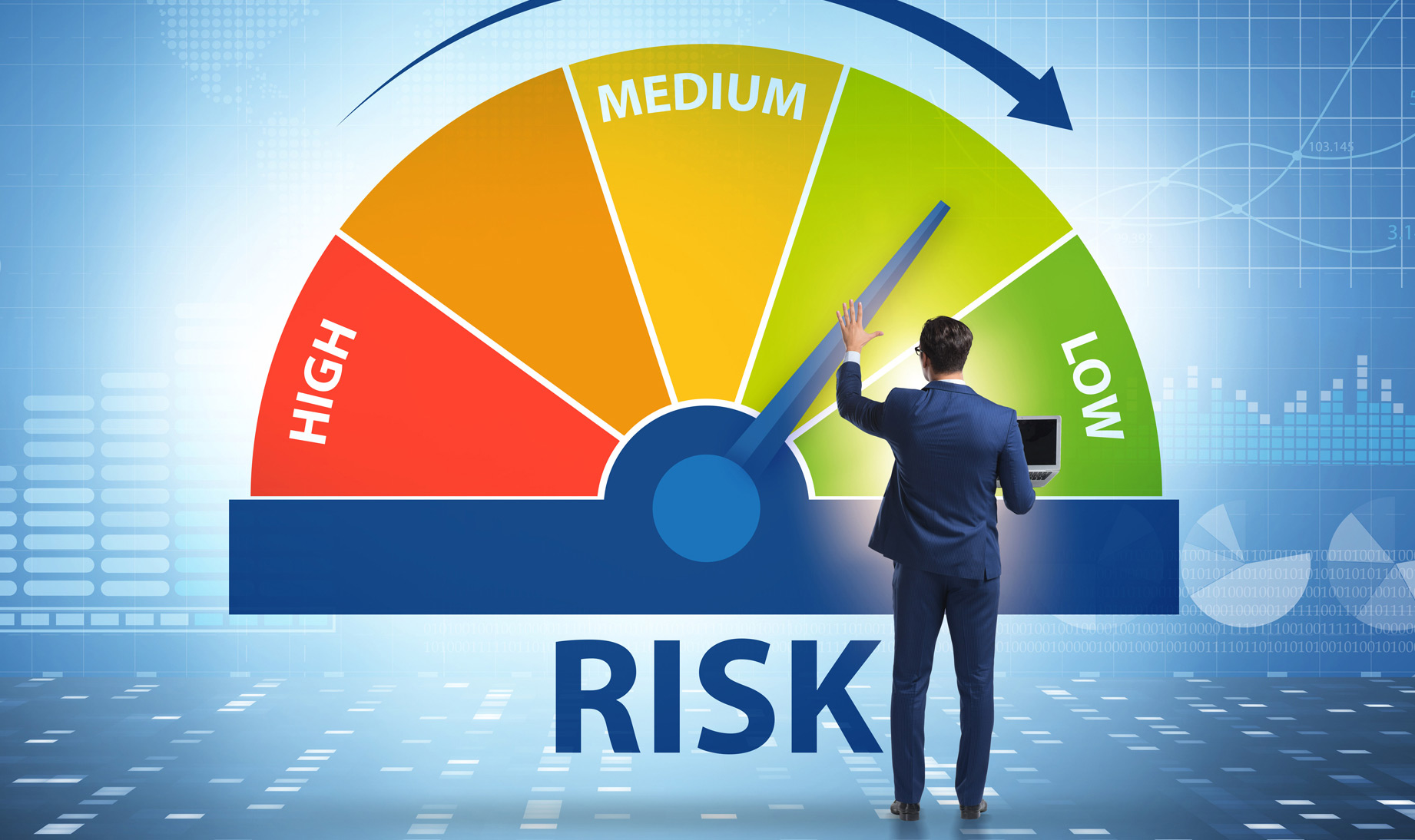Every season comes with its own risks, and winter is no different. The common elements of cold, snow, and ice may hit some areas of the country harder than others, but the risks associated with them is the same. Whether you’re an annual Iditarod participant or you’re a novice navigating snowfall, precautions are always necessary.
It’s true that an insurance policy is in place in case of accidents or unexpected events, but an ounce of prevention is still the best path to follow. The often minimal precautions that can help prevent injuries, damages, and costs associated with a claim simply cannot be ignored.
Watch out! Slips and falls can happen to anyone.
An icy walkway or parking lot can quickly become a slip and fall hazard for customers and employees and can cause additional liability concerns for your business. You can be sued if someone is injured after a slip or fall on your property, even if the person injured wasn’t invited. Your business is similarly liable if someone is hit by a falling icicle, a dead tree branch, or other weather-related obstacles.
Take precautions. Cleaning up after a storm is just as important as preparing for one. In the case of snow and ice, protect both employees and customers by shoveling walkways and clearing parking lots. Apply commercial-grade salt to help melt ice faster for safer public areas.
Careful! Fire hazards are common.
Certain types of fires are more frequent in the winter months due to dryer air and the increased use of furnaces and heat blowers. Even holiday festivities and decorations bring their own risks. In 2019, fires caused $14.8 billion in property damage as well as thousands of deaths and injuries.
Take precautions. To avoid dangerous conditions that could lead to a fire, follow these easy tips:
- Check heat sources are working properly.
- Eliminate the use of extension cords wherever possible.
- Do not overload electrical circuits.
- Unplug high volume heat blowers at night.
- Remove all combustible chemicals and items near heat sources.
A commercial general liability and property policy usually covers claims filed under these two hazards, but it’s always a good idea to check in with your insurance agent to review your coverage. Depending on your policy limits and your deductible, you may still be on the line to cover expenses associated with a claim. Prevention is still a better plan of action.
If you have other questions about winter weather claims or ways to mitigate your risk as a business owner, post them in the comments.
 Dan Tharp is licensed in all states (except Alaska & Hawaii) and is the Vice President of Business Insurance Lines for Pearl Insurance. Dan has been assisting business owners in protecting their operations, customers, and employees for over 30 years. For questions regarding this blog post or any other insurance matter, he can be reached via phone at 800.447.4982 or email at dan.tharp@pearlinsurance.com.
Dan Tharp is licensed in all states (except Alaska & Hawaii) and is the Vice President of Business Insurance Lines for Pearl Insurance. Dan has been assisting business owners in protecting their operations, customers, and employees for over 30 years. For questions regarding this blog post or any other insurance matter, he can be reached via phone at 800.447.4982 or email at dan.tharp@pearlinsurance.com.







